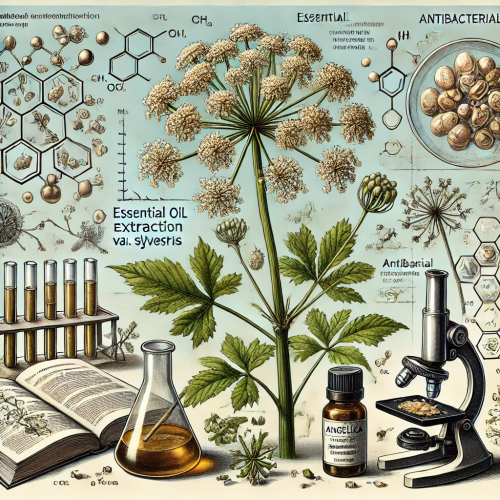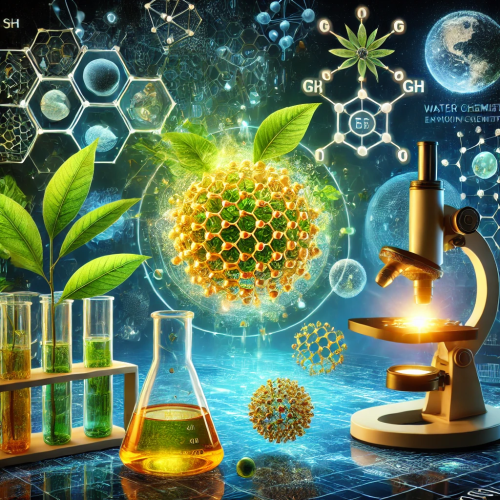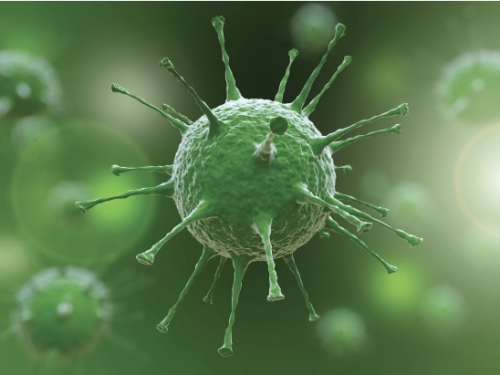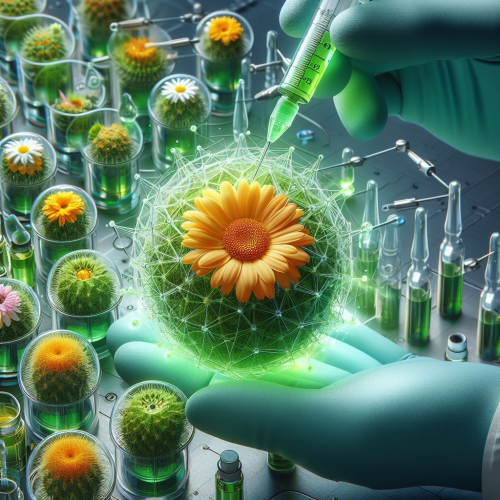New Flavonoid 'Papanridin': The Great Discovery of Turkish Researcher
Yayın Tarihi | 03 March 2024, Sunday
Dr. Seyit Yüzüak, an Associate Professor, made a significant discovery in the field of plant flavonoids as a result of a 10-year research at Burdur Mehmet Akif Ersoy University. The research was conducted in collaboration with Prof. Dr. De-Yu Xie, Dr. Yue Zhu, and Assistant Prof. Dr. Xiaoyan Sun from North Carolina State University. The team discovered a new group of flavonoids and a type of peroxidase enzyme that polymerizes this group, using genetically modified red tobacco leaf cells.
Dr. Seyit YÜZÜAK, an Associate Professor at Burdur Mehmet Akif Ersoy University, has made a significant discovery in the field of plant flavonoids as a result of a 10-year research. The research was carried out with the contributions of Prof. Dr. De-Yu Xie, Dr. Yue Zhu and Assistant Prof. Dr. Xiaoyan Sun from North Carolina State University in the United States. The team discovered a new group of flavonoids and a type of peroxidase enzyme that enables the polymerization of this group, using genetically modified red tobacco leaf cells.
The discovered flavonoid group was named "Papanridin", and the enzyme was named "Flavonol Polymerase". This scientific development was published in "Molecular Plant", one of the world's most prestigious journals in the field of plant sciences, with a 27.5 impact factor. The research revealed that these molecules are found in blueberries, cranberries, strawberries, cocoa seeds and grape seeds, which are rich in flavanols and proanthocyanidins. This discovery is considered a significant advancement in understanding the polymerization mechanism of proanthocyanidins and symbolizes the achievements of the Turkish scientific world in the international arena.
Effect of Flavonoids on Human Health
Flavonoids are molecules used by plants for defense mechanisms against environmental stress conditions and harmful organisms, as well as for communication. They are also important components that determine the color, aroma and taste of plants. Their benefits to human health are known for their antioxidant, infection-preventing, anti-cardiovascular, anti-viral, mutation-preventing and anti-cancer properties. Therefore, flavonoids have been used in the pharmaceutical, cosmetic, food and other industries for thousands of years. The function of papanridins in plants and their effects on human health are not yet fully known. However, this discovery is expected to guide new research on the functions and potential health benefits of papanridins in plants.
Papanridins Start a New Era
While approximately 5000 different flavonoids were detected until the 2000s, more than 800 new flavonoids have been discovered in the last 20 years. The new flavonoid group papanridins discovered by Turkish scientists are structurally very similar to colorless proanthocyanidins with multiple unitary structures. This similarity indicates that papanridins could potentially contribute to the medical and cosmetic fields, as well as to the health of farm animals and the increase of milk production. The fact that proanthocyanidins already have an important place in these fields strengthens the possibility that papanridins could similarly benefit human and animal health. This study is considered a development that will inspire the discovery of new papanridin derivatives that can be obtained from different plant species and will serve as a reference. This discovery is predicted to open up new application areas in the medical and agricultural sectors.

Diğer Haberler














